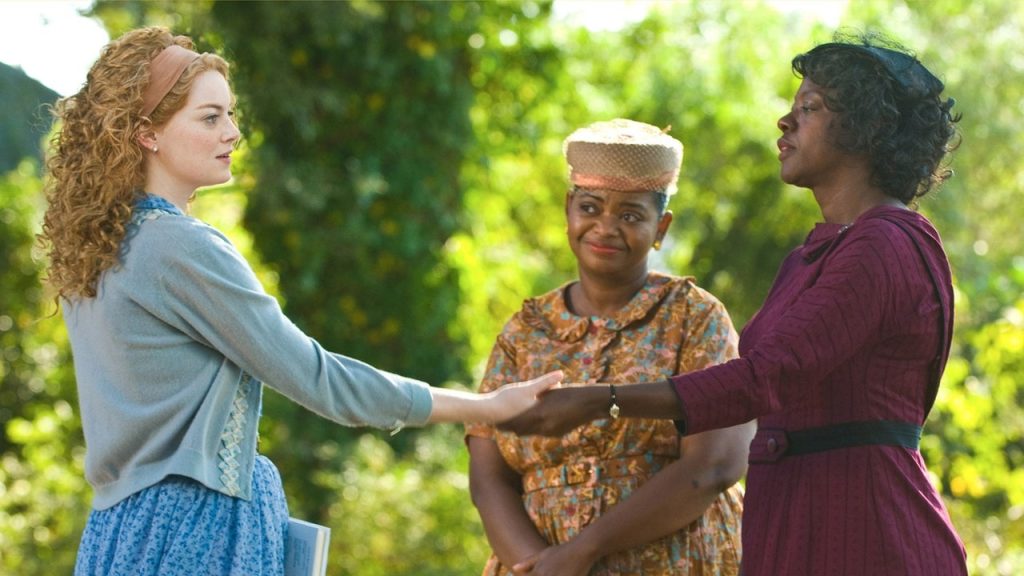Is Yellowstone Republican Propaganda?
Yes and No. “Yellowstone,” the sweeping saga centered around the Dutton family’s defense of their sprawling Montana ranch, has been a cultural phenomenon since its debut. On the surface, it parades the rugged individualism, land ownership, and frontier justice that many associate with conservative or GOP values. The Dutton family, led by the patriarch John Dutton (Kevin Costner), epitomizes the self-made, land-owning American ideal. However, a deeper dive into the narrative reveals that “Yellowstone” is a complex tapestry that weaves liberal ideologies into its almost satirical core, challenging traditional political binaries and offering a cynical critique of the American Dream.

Unmasking the Conservative Facade
At first glance, “Yellowstone” seems to champion conservative ideals through its portrayal of the Dutton family’s fierce independence, skepticism of government authority, and reverence for the land they own. The series taps into the mythos of the American West, where hard work and determination are the keys to success and legacy. These themes resonate with conservative viewers who value property rights, family legacy, and the freedom to carve out one’s destiny without interference.
However, this facade belies a narrative rich with liberal ideologies, particularly in its approach to social issues, environmental conservation, and the critique of capitalism. “Yellowstone” uses its platform not just to glorify the struggles of a wealthy, white landowning family but to highlight the voices of the oppressed and to question the very foundations of the American Dream it outwardly seems to celebrate. Also, Kevin Costner is not a conservative – he’s a capitalist.
Lifting Up the Voices of the Oppressed
One of the show’s most compelling liberal threads is its focus on the plight of Native Americans, particularly through the character of Thomas Rainwater (Gil Birmingham), a leader of the nearby Broken Rock Indian Reservation. The series delves into the historical and ongoing injustices faced by Native Americans, including land theft, broken treaties, and cultural erasure. Through Rainwater’s efforts to reclaim land and assert sovereignty, “Yellowstone” shines a light on the struggles of indigenous peoples, framing their fight as a righteous quest for justice and recognition. This narrative choice elevates the voices of those historically marginalized and oppressed, aligning more closely with liberal values that advocate for equality and reparative justice.
Moreover, the show doesn’t shy away from depicting the complexities and contradictions of its main characters, who, despite their wealth and power, often find themselves embroiled in moral quandaries. “Yellowstone” uses these dilemmas to explore themes of loyalty, sacrifice, and the corrupting influence of power, suggesting that the pursuit of the American Dream often comes at a significant ethical and personal cost.
The Ridicule of the American Dream
Perhaps most strikingly, “Yellowstone” offers a critical examination of the American Dream itself. While the Duttons’ lifestyle might seem enviable—vast lands, wealth, and influence—the series painstakingly illustrates the hollowness and brutality that underpin their success. The constant battles the family wages to maintain their empire—against developers, the government, and even each other—serve as a metaphor for the relentless and often ruthless nature of American capitalism.
The show posits that the American Dream, with its promise of prosperity through hard work and determination, is an illusion for many, attainable only through exploitation and moral compromise. This critique aligns with liberal critiques of capitalism that highlight inequality, environmental degradation, and the erosion of community bonds in pursuit of individual success. “Yellowstone” thus becomes a platform for questioning the sustainability and fairness of the capitalist system, challenging viewers to reconsider the true cost of their aspirations.
Liberal or Republican?
“Yellowstone” sloppily navigates the terrain between conservative imagery and liberal ideology, presenting a narrative that transcends simple political categorization. By lifting up the voices of the oppressed and scrutinizing the American Dream, the show reveals its fundamentally liberal heart, wrapped in a conservative exterior. It invites viewers across the political spectrum to engage with complex issues of justice, stewardship, and community, making “Yellowstone” not just a reflection on the American West but a commentary on the American condition itself.
In the end, “Yellowstone” is a reminder that art and storytelling are powerful vehicles for exploring and challenging societal norms and values. By weaving together diverse perspectives and ideologies, the show offers a more inclusive and critical examination of what it means to pursue the American Dream in the modern era, encouraging viewers to reflect on their own beliefs and the kind of world they wish to create.




